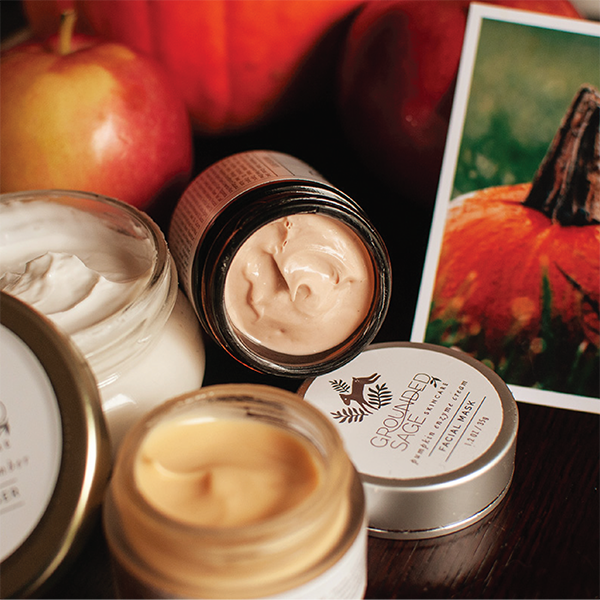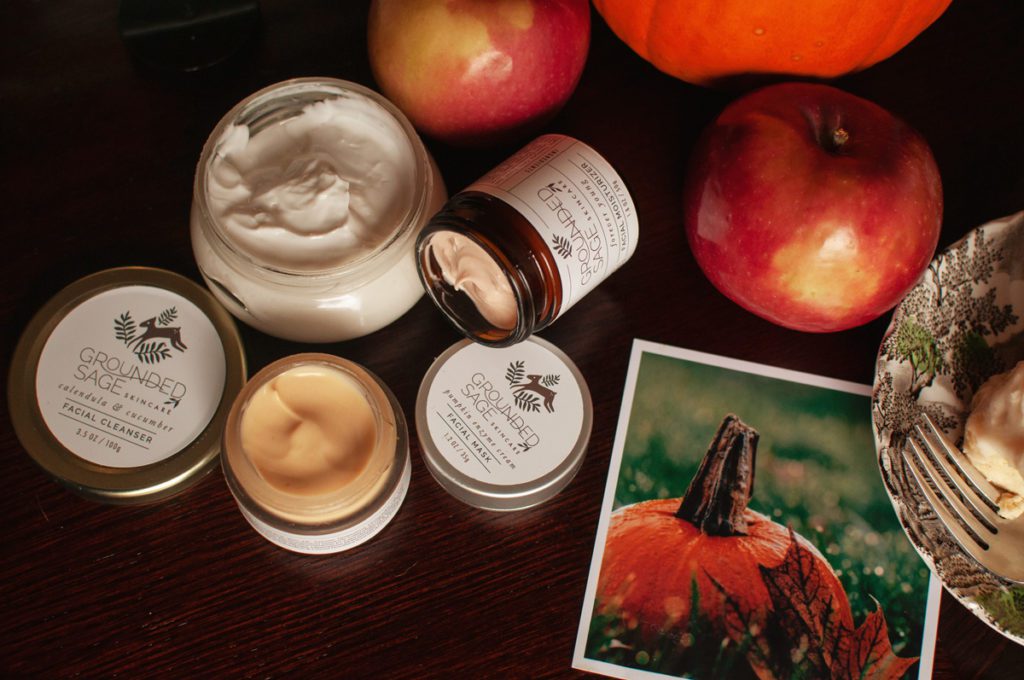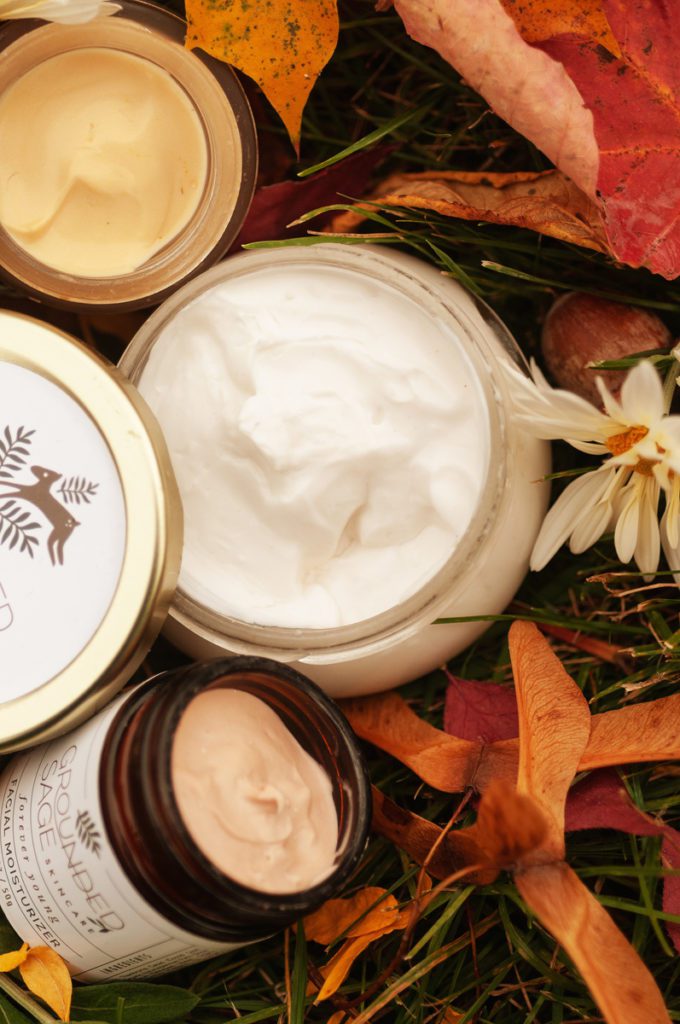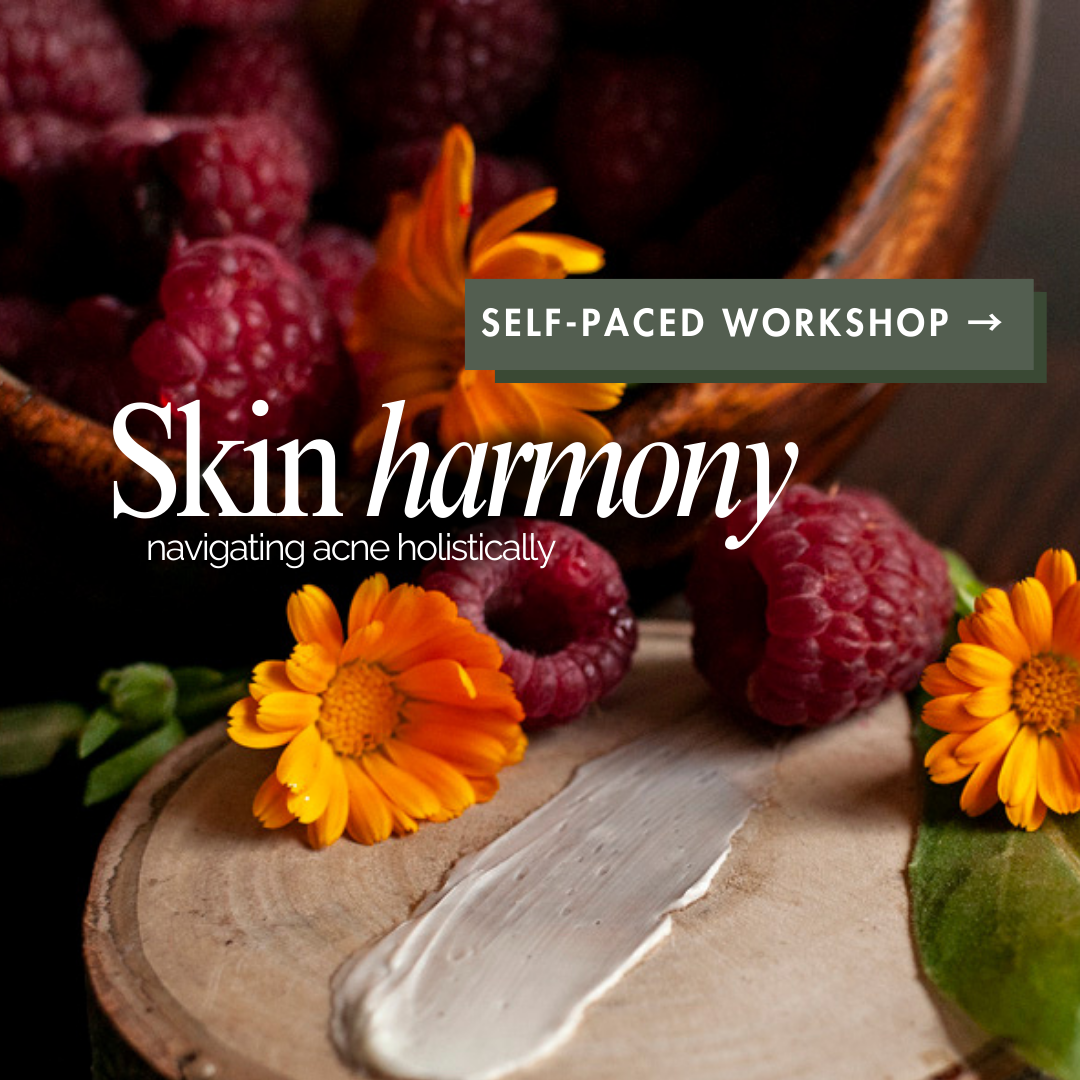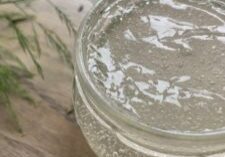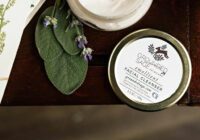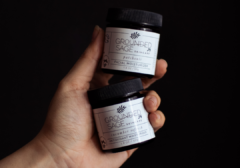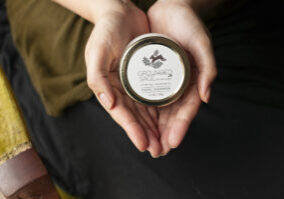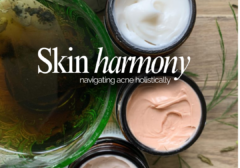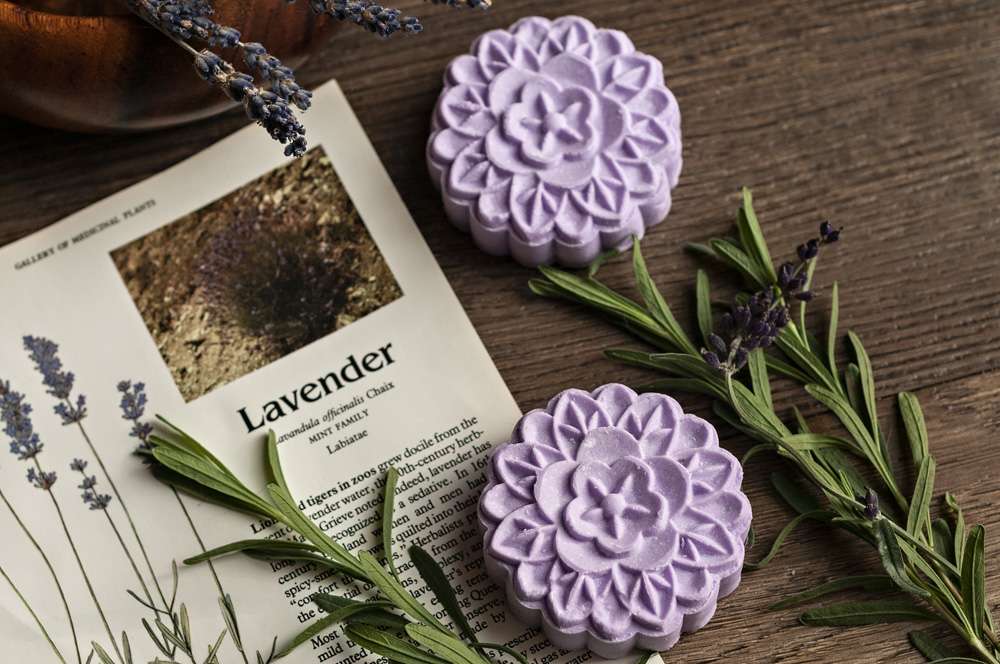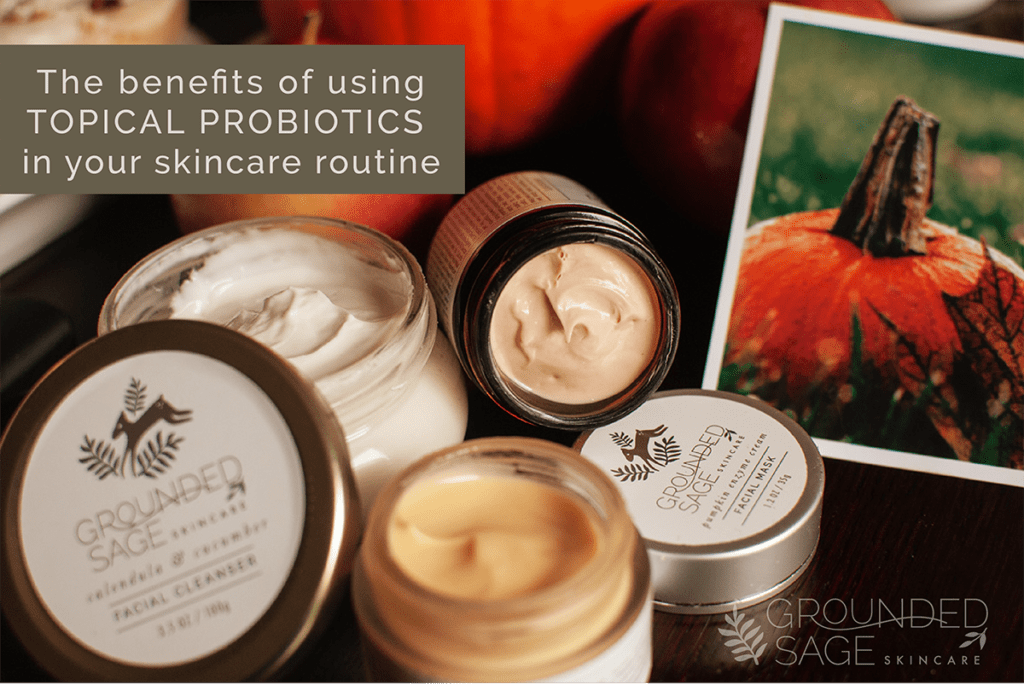
Topical Probiotics in Skincare Products
I was recently asked the question:
“I’m curious to know more about the benefits of things like CBD and probiotics in skincare. They seem hyped right now, but I’d like to know more of the research and findings behind the benefits.”
I’ll touch on CBD in skincare in the future, but for right now, let’s talk about probiotics in skincare.
While research is still ongoing, the use of probiotics in skincare has already shown to be extremely promising – especially for those with eczema, atopic dermatitis, acne, sensitive skin, rosacea and other inflammatory skin conditions.
For example, a scientific review of probiotics in dermatology published in 2019* concluded that the use of probiotics in skincare (aka topical probiotics) has some serious benefits for the skin (which I’ve listed below). I picked this specific piece of research to cite because it reviewed the current research findings from over 30 published papers from scientific, peer-reviewed journals.

The Benefits of Probiotics in Skincare
- Topical probiotics can hinder disease-causing bacterium on the skin – something that’s important for skin conditions that are aggravated by problematic bacteria and irritations on the skin like acne, rosacea, and eczema.
- Topical probiotics can trap pathogens by enhancing mucin and ceramide production. Why is this awesome? Ceramides, for example, help form the skin’s natural barrier. They help the skin retain moisture and stay hydrated.
- Topical probiotics can stop the formation of biofilm. Biofilms are a collection of microorganisms, for example, bacteria, fungi, and protists and examples include dental plaque and pond scum! When bacteria form biofilms on the skin, they cause a variety of diseases and infections, so they are definitely something we want to prevent.
- Topical probiotics can enhance tissue repair – something that’s important when we need to heal our skin while preventing infection (if you pick your pimples or skin, I’m looking at you!).
- Topical probiotics reduce common skin complaints and conditions, including sensitive, reactive skin, dryness, and aging.

What does this research mean for you and your skin?
If you would like to explore the benefits of probiotics in skincare, now is a great time to dive in! Topical probiotics have shown to be well tolerated and can even be used with infants and children. Pick a probiotic skincare product that meets the other criteria you have for your skin; for example, sensitive, dry, oily, acne-prone, or any other concerns that need to be addressed to support your skin effectively. Then, give them a go. I’d love to hear about your experiences with using probiotics in skincare, so don’t be shy and reach out or share with our community.

Pin for later:
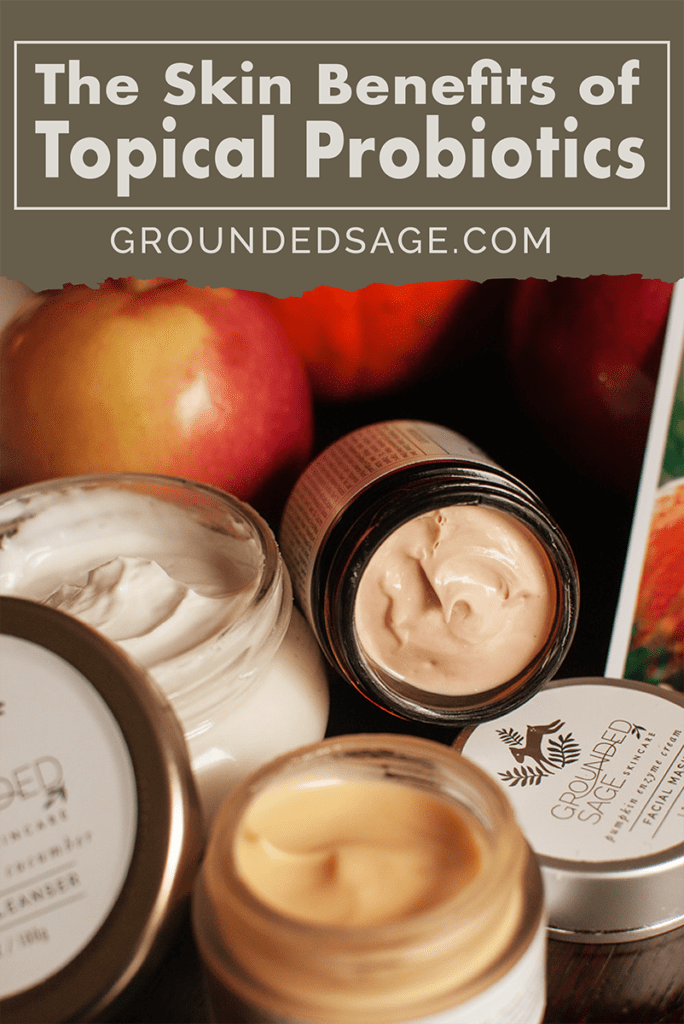

*Source: Bindurani S. Review: Probiotics in dermatology. J Skin Sex Transm Dis 2019;1(2):66-71.)

